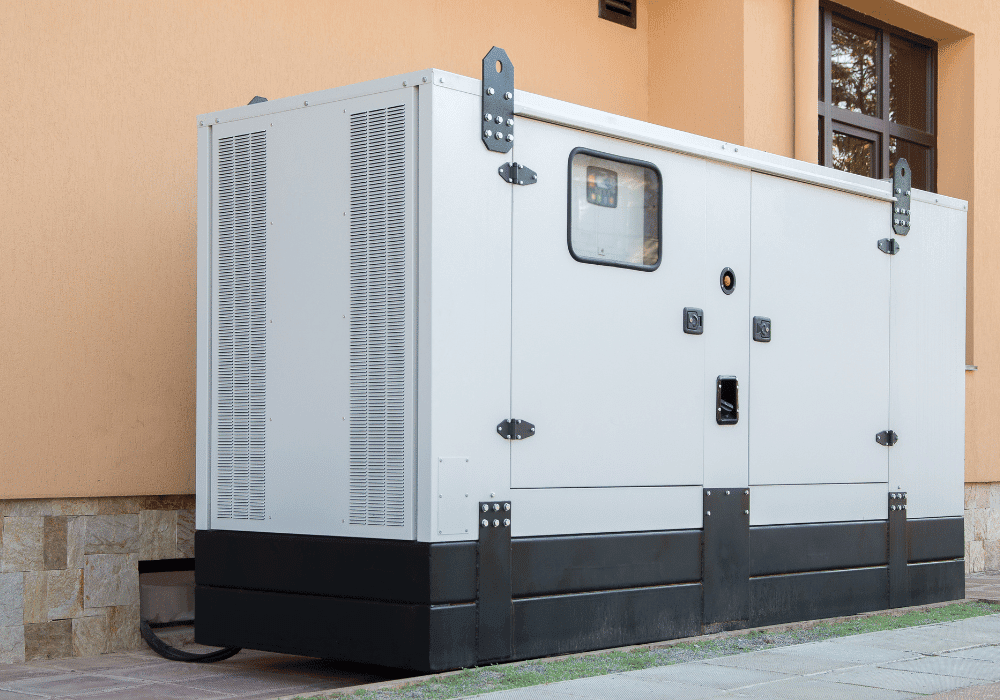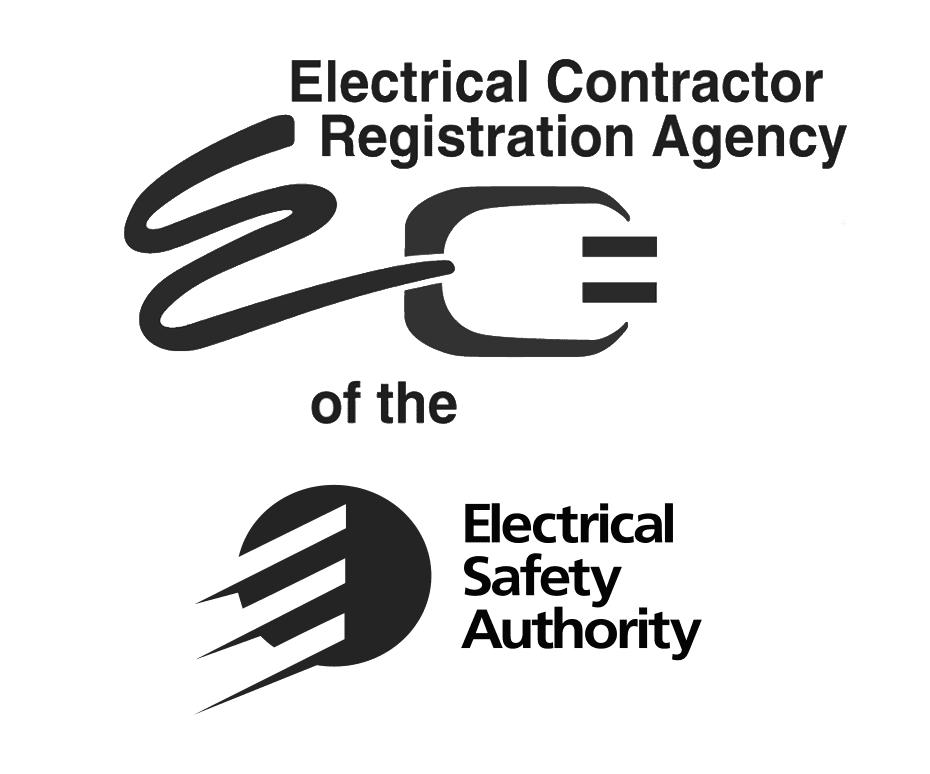In an unpredictable world, where power outages can occur without warning, having a backup plan is essential. Whether you’re a homeowner, a business owner, or someone passionate about emergency preparedness, a backup generator is a wise investment. This blog post will explore why backup generators are more than just a precaution—they are a necessity. We’ll cover everything from understanding how they work to the benefits they offer, and from choosing the right one to maintaining it for long-term use.
 The Importance of Backup Generators in Today’s World
The Importance of Backup Generators in Today’s World
We live in a world where reliable power is crucial. Imagine a storm hitting your area, knocking out the electricity for days. Without power, your home or business grinds to a halt. Backup generators provide a sense of security and peace of mind, ensuring that life continues even when the power goes out.
Backup generators are becoming more popular as climate change leads to more frequent and severe weather events. They offer a lifeline during power outages, keeping lights on, appliances running, and businesses operating. This makes them essential for anyone looking to protect their home or business from the unpredictable nature of weather-related disasters.
In this blog, you’ll learn about the types of backup generators available, their benefits, who can benefit from them, how to choose the right one, and tips for maintaining them. By the end, you’ll have a comprehensive understanding of why a backup generator is a sound investment.
Understanding Backup Generators: Types and How They Work
Backup generators come in various types, each designed to meet specific needs. The two main types are portable and standby generators.
Portable generators are versatile and easy to transport. They are ideal for short-term use and can be moved to different locations as needed. These generators run on gasoline or diesel and can power essential appliances during an outage. They are perfect for homeowners who need a temporary solution or for outdoor events.
Standby generators, on the other hand, are permanently installed outside your home or business. They connect directly to your electrical system and automatically activate when the power goes out. Powered by natural gas or propane, standby generators are ideal for long-term use and can keep your entire home or business running smoothly during an outage.
Understanding how these generators work is crucial. Portable generators require manual setup and fueling, while standby generators automatically detect power outages and start without any intervention. This automatic feature makes standby generators a more reliable option for those who need seamless power continuity.
Benefits of Having a Backup Generator
Ensuring Continuity in Your Home or Business
One of the most significant advantages of a backup generator is the assurance it provides. When the power goes out, a backup generator kicks in, ensuring that your home or business remains operational. This continuity is vital for businesses that rely on technology and homeowners who need to keep essential appliances running.
In a business setting, a power outage can lead to lost revenue, data loss, and customer dissatisfaction. A backup generator ensures that your business operations continue smoothly, maintaining productivity and protecting your bottom line.
For homeowners, a backup generator keeps your home comfortable and safe. It powers essential appliances like refrigerators, heating systems, and security systems, preventing food spoilage and ensuring your family’s safety during an outage.
Protecting Against Power Outages and Weather-Related Disasters
Weather-related disasters like hurricanes, storms, and blizzards are becoming more frequent and severe. These events often lead to extended power outages, leaving homes and businesses in the dark. A backup generator provides a reliable power source during these emergencies, keeping you safe and connected.
Backup generators also protect against grid failures and blackouts, which can occur due to high demand or infrastructure issues. With a backup generator, you won’t have to worry about being left without power, regardless of the cause of the outage.
Maintaining Essential Services and Appliances
A backup generator ensures that essential services and appliances continue to function during an outage. This includes medical equipment, communication devices, and heating or cooling systems. For businesses, it maintains critical operations, preventing losses and ensuring customer satisfaction.
In homes, backup generators keep appliances like refrigerators, freezers, and sump pumps running, preventing food spoilage and water damage. They also power lights, ensuring safety and security during an outage.
Who Can Benefit from Backup Generators
 Homeowners
Homeowners
Homeowners are among the primary beneficiaries of backup generators. Power outages can disrupt daily life, making it challenging to cook, stay warm, and communicate. A backup generator ensures that your home remains comfortable and functional, regardless of the weather or grid issues.
For families with young children or elderly members, a backup generator provides peace of mind, knowing that essential appliances and medical equipment will continue to operate. It also prevents food spoilage and water damage, saving money in the long run.
Small Businesses
Small businesses face significant challenges during power outages. Lost revenue, data loss, and customer dissatisfaction are common issues. A backup generator ensures that your business remains operational, maintaining productivity and protecting your reputation.
For businesses that rely on technology, a backup generator is critical. It keeps servers, computers, and communication systems running, preventing data loss and maintaining customer contact. This continuity is vital for customer-facing businesses that rely on electronic transactions and communication.
Factors to Consider When Choosing a Backup Generator
Power Needs
When selecting a backup generator, it’s essential to consider your power needs. Determine the appliances and systems you want to keep running during an outage and calculate their total wattage. This will help you choose a generator with the appropriate power output.
For homeowners, consider essential appliances like refrigerators, heating systems, and lights. For businesses, consider critical systems like servers, computers, and security systems. Ensure that the generator you choose can handle the total wattage of these devices.
Fuel Type
Backup generators run on different fuel types, including gasoline, diesel, natural gas, and propane. Each has its advantages and disadvantages, so it’s essential to choose the fuel type that best suits your needs.
Gasoline and diesel are readily available but may require regular refueling. Natural gas and propane are more convenient for standby generators, offering a continuous fuel supply. Consider the availability and cost of each fuel type when choosing a generator.
Budget and Maintenance
Budget is a crucial factor when choosing a backup generator. Portable generators are generally more affordable than standby generators, but they may require more frequent maintenance. Standby generators are more expensive upfront but offer greater reliability and convenience.
Consider the long-term costs of maintenance and fuel when choosing a generator. Regular maintenance is essential to ensure that your generator operates efficiently and reliably when needed.
The Investment Aspect: Cost vs. Benefit Analysis
Initial Investment
The initial investment in a backup generator depends on the type and size you choose. Portable generators are generally more affordable, with prices ranging from a few hundred to a few thousand dollars. Standby generators are more expensive, with prices ranging from several thousand to tens of thousands of dollars.
While the initial investment may seem significant, it’s essential to consider the long-term benefits and protection a backup generator provides. It ensures continuity, protects against outages, and maintains essential services, making it a worthwhile investment.
Long-Term Savings and Protection
Over time, a backup generator can save you money by preventing losses and damage during power outages. For businesses, it maintains productivity and protects revenue, while for homeowners, it prevents food spoilage and water damage.
A backup generator also protects against potential damage to appliances and systems caused by power surges when the electricity is restored. This protection can save you money on repairs and replacements.
Tips for Proper Maintenance and Safe Use of Backup Generators
Regular maintenance is essential to ensure that your backup generator operates efficiently and reliably. Follow the manufacturer’s guidelines for maintenance and servicing, and schedule regular inspections to identify any potential issues.
When using a backup generator, safety is paramount. Ensure that your generator is installed and operated correctly to prevent accidents and injuries. Follow the manufacturer’s instructions and consult a professional for installation and servicing.
Store fuel safely and avoid overloading your generator to prevent damage and ensure safe operation. With proper maintenance and safe use, your backup generator will provide reliable power when you need it most.
In today’s unpredictable world, being prepared for power outages is essential. A backup generator provides the security and peace of mind you need to keep your home or business operational during an outage. It ensures continuity, protects against weather-related disasters, and maintains essential services and appliances.
By investing in a backup generator, you can protect your home or business from the uncertainties of power outages. Consider your power needs, fuel type, and budget when choosing a generator, and ensure that it is properly maintained and operated safely.


